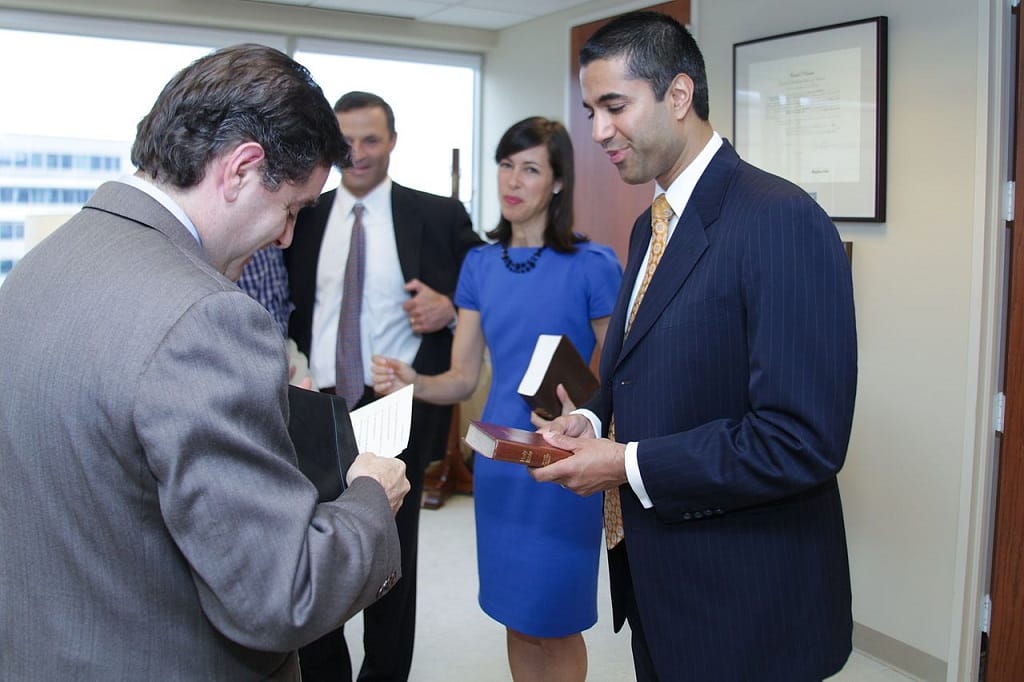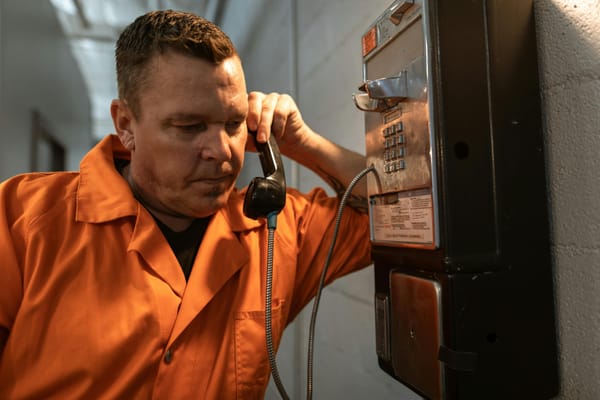Groups Heap Praise on FCC for Corrective Action on Rural Digital Opportunity Fund
The agency is scrutinizing the winning bids for the $9.2-billion fund, and asking companies to consider withdrawing.

July 29, 2021—Industry and advocacy groups are praising the Federal Communications Commission after it announced this week that it is revisiting the winning bids of the $9.2-billion Rural Digital Opportunity Fund, while giving an opportunity for successful bidders to withdraw their funding requests after complaints of possible overbuilding and wasteful spending in coverage areas.
The agency simultaneously announced that that nearly 1,500 winning bids amounting to $311 million of the RDOF across 36 states are ready to be authorized. The RDOF program, which announced winners in December under previous agency chairman Ajit Pai, was done through a reverse auction, meaning successful bidders were those who needed the least amount of the subsidy to build.
The auction complaints stem from what some have said are suspicious claims of project delivery by the top winners, including whether fixed-wireless technologies can deliver gigabit internet speeds, as well as concerns about overbuilding in areas already considered served with adequate broadband.
A further April 1 letter signed by five broadband associations asked the agency to leave the areas that are supposed to be funded by RDOF open to other funding programs until final applications are approved, urging the FCC to make known the credit and debt reports of the winning bidders to ensure solvency.
FCC gives companies opportunity to withdraw
In light of complaints of possible overbuilds and the fund being used to connect parking lots, the agency announced that it had sent letters to 197 of winning bidders provided them an opportunity to withdraw their funding requests “from those places already with service or where significant questions of waste have been raised.” One notified winner was SpaceX’s Starlink, one of the big winners of the auction with an expected subsidy of roughly $900 million.
The FCC said several bidders have said they will not pursue all or some of their winning bids in a state. It also denied money to AB Indiana as well as top winner LTD Broadband’s application to provide connectivity to California, Kansas and Oklahoma, which represented $271 million of the $1.3 billion it was approved for, because it didn’t get state certification.
“This program can do great things, but it requires thoughtful oversight,” said Acting FCC Chairwoman Jessica Rosenworcel. “That’s why we are refocusing the program on unserved areas and putting winning bidders on notice of their obligation to ensure that support goes to the areas that need it. And for those applicants who are dragging their feet or can’t meet their obligations, follow the rules or we will disqualify you and move on.”
Praise for FCC action
The Ensuring RDOF Integrity Coalition, which was one of the signatories of the April letter, said in a Monday press release that it is “pleased” about the FCC’s efforts to “clean up the mess” of the auction.
“These remedial actions by the FCC only begin to reveal the underlying problems of several RDOF applications,” said Bob Silverman, counsel to ERIC.
“The Coalition calls on the FCC to go bold on its corrective efforts by establishing a public review process under protective order that would expeditiously assist FCC staff with vetting applications, consistent with the wishes of members of Congress and local and state governments concerned with eligibility of potential defaulted areas that could benefit from other sources of broadband funding,” Silverman added.
The FCC released an initial list of bids in default, which are subject to penalties.
Since the auction winners were announced in December, advocacy website the Free Press conducted a six-part investigation into the auction, allegedly claiming coverage areas of the winning bidders were densely-populated urban and affluent areas with existing adequate connectivity.
It also found that connectivity would be supplied to unoccupied parking lots, storage tanks and traffic islands.
“We appreciate the new Commission’s close attention to the issues we originally raised at the tail end of the Pai FCC,” Free Press Research Director S. Derek Turner said in press release.
“While we have yet to fully review the series of recommendations and actions released today, it’s encouraging that Acting Chairwoman Rosenworcel wants to get this right…Under Rosenworcel, the FCC seems determined to do the due diligence that Pai skipped to ensure that federal money actually connects real people — as opposed to traffic medians — to affordable services.”
According to Telecompetitor, at the Fiber Connect 2021 conference, Tony Thomas, CEO of Windstream, which was the recipient of $500 million from RDOF, said the program was a mess with “a lot of unqualified bidders” and that “we can’t do that again.”










